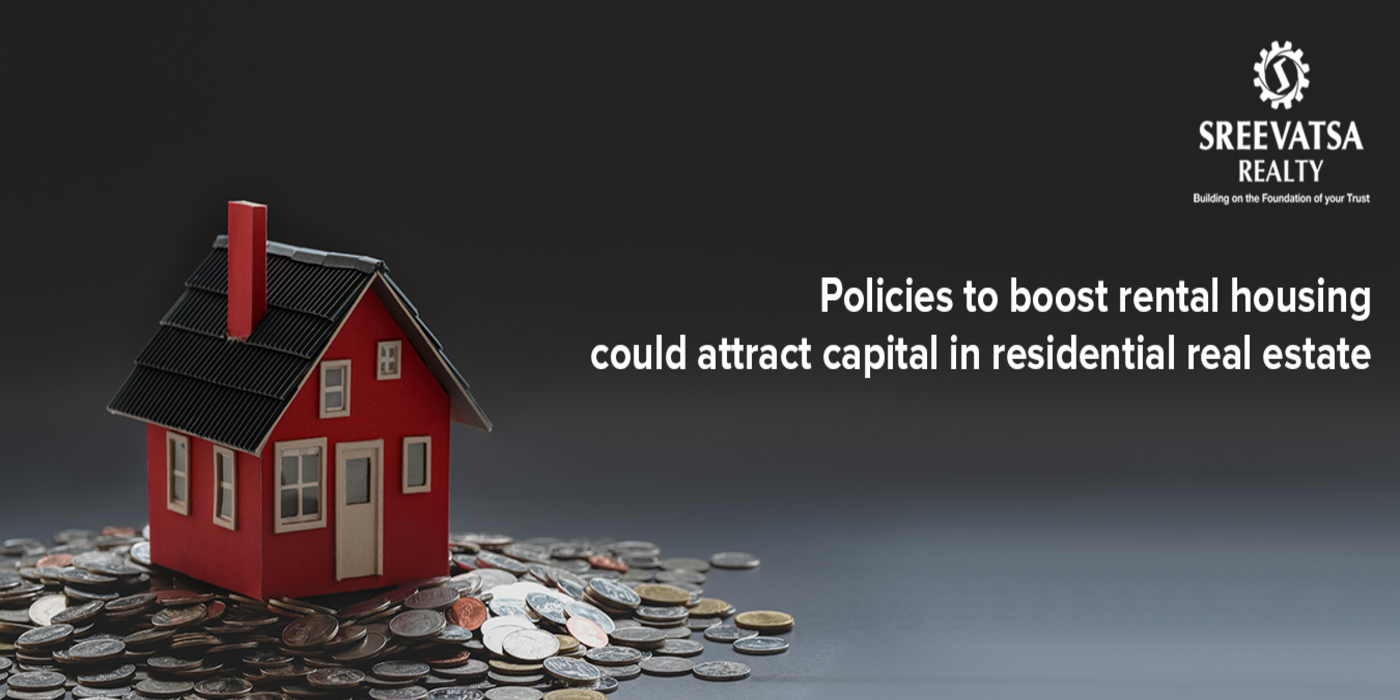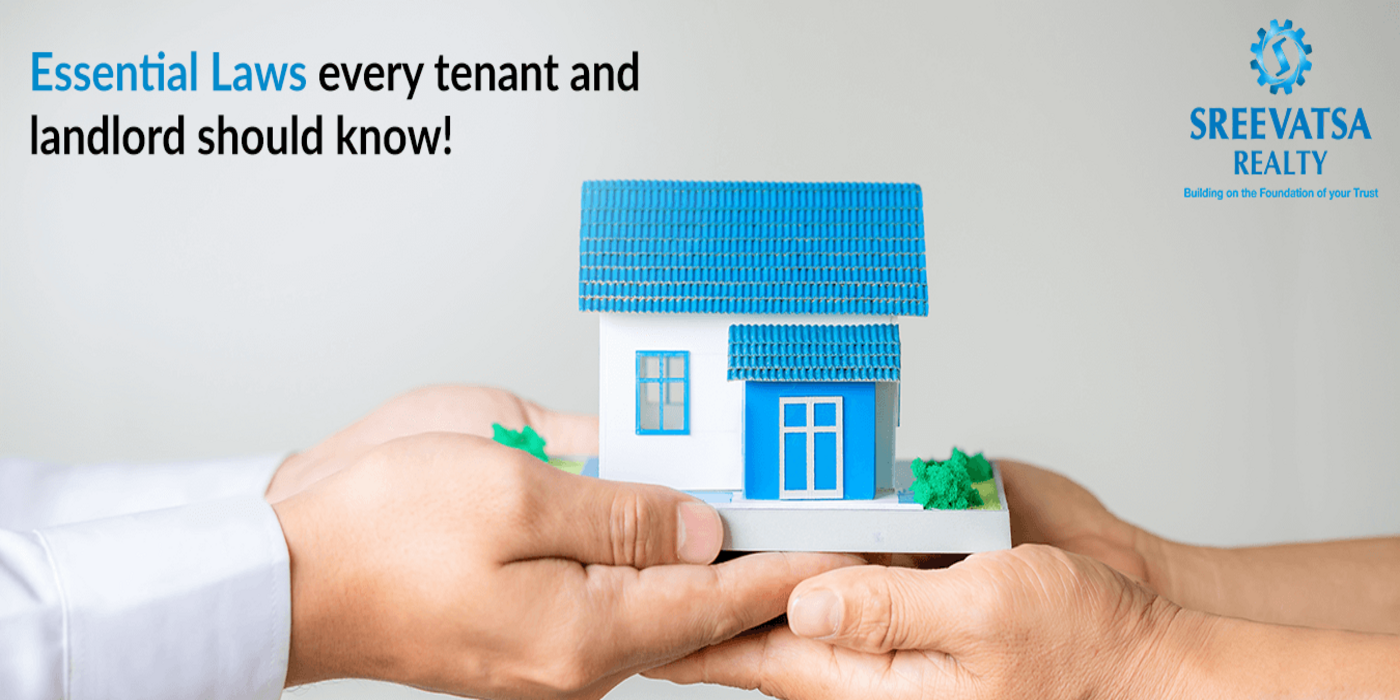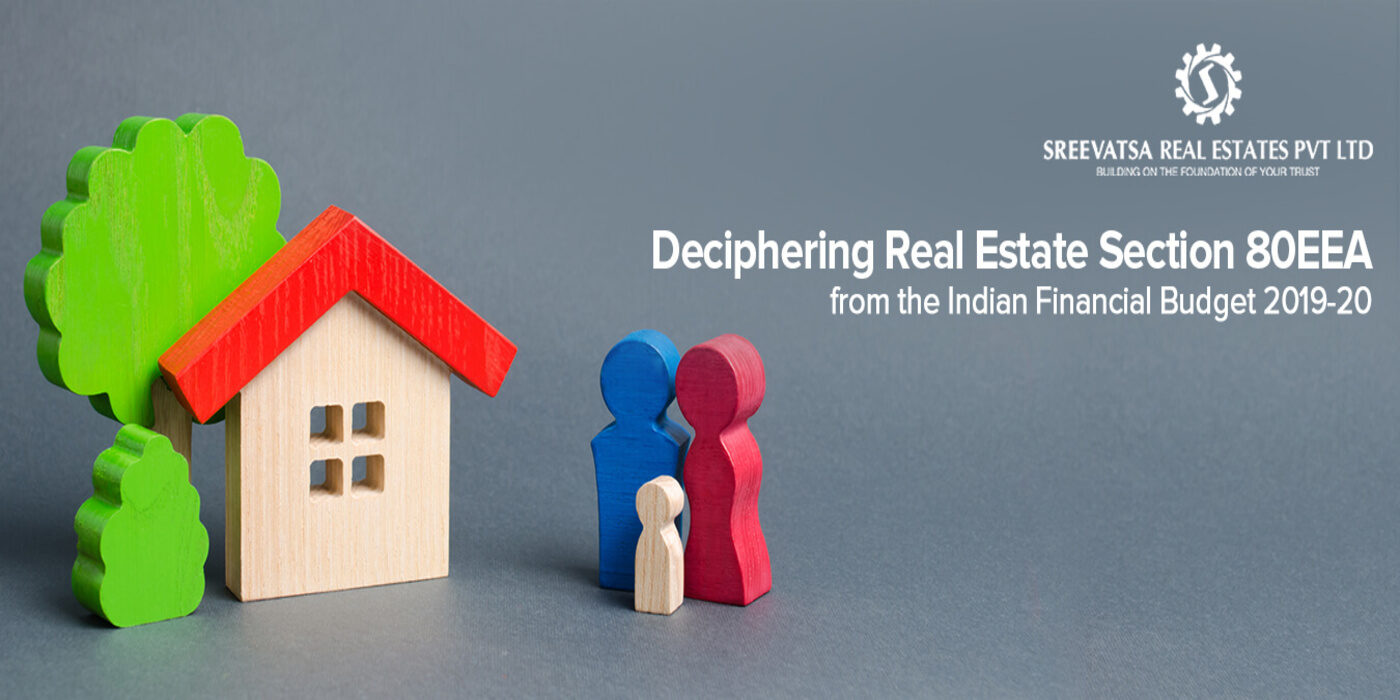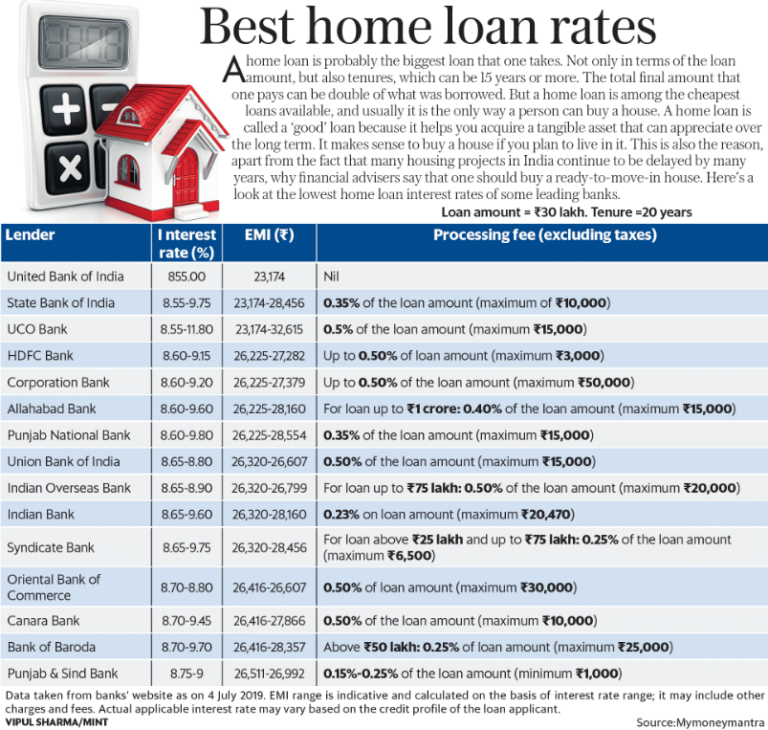Pending Home Loan? You Can Still Sell Your Flat!
PENDING HOME LOAN? YOU CAN STILL SELL YOUR FLAT!
“One can sell a property after getting the consent or in-principal approval from the lender.”
In 2017, Dinesh Sharma bought a 2BHK flat. He decided to sell his property in 2019 as he wanted to buy a 3BHK unit in a project near his office. He has an outstanding home loan on his current property and the original property papers are with the bank.
Can Sharma sell this property while the home loan is still pending?
Yes, a person who has availed a home loan on a property can transact the said property. However, the sale transaction stipulates obtaining an NOC from the lender or an in-principle approval from the lender for such sale transaction.
How to sell when loan is outstanding?
One can sell a property after getting the consent or in-principal approval from the lender. “This has to be done in a manner that part of the sale consideration will be paid directly to the lender or lending bank and the remaining balance (if any) shall go to the seller/current owner. Upon receipt of the total loan consideration, the lender will release the original title deed of the property, deposited with the lending bank at the time of disbursement of the loan, to the seller/current owner. Generally, release of original title deed by the lender/lending bank, registration of the sale deed and discharge of the sale consideration takes place simultaneously,” explains Niraj Kumar, partner, DSK Legal.
What should a buyer/seller check?
One buys a mortgaged property if he is getting a better deal in terms of price or if he likes the location or if he is getting a fully-furnished flat at no extra cost. “It is advisable that the buyer (an individual or a legal entity) should check the original title documents of the property, the mutation records, encumbrance certificate and do litigation search on the property to verify whether the possession is in favour of the current owner,” explains Kumar.
Kumar further adds “The seller should also look into documents that verify the capability of a buyer to transact the property and availability as well as source of funds being used for the purchase of the property.”
Consider Tax Liability
Apart from considering the property specifications, one of the most important factors to consider is the tax liability. Before you sell a property you need to calculate your tax liability as well. Nand Kishore, Partner – DSK Legal, suggests, “The tax liability for selling any property gives rise to capital gains tax, which could be either short term or long-term gain under the Income Tax Act 1961. However, the tax impact can be mitigated if the seller utilises the capital gains for purchasing another residential property within two years or construct a house within three years from the date of sale. If the seller is unable to utilise the entire amount within the last date for filing returns, then such unutilised amount should be deposited with a specified bank account. The said unutilised amount can be used only to purchase a residential house or for the construction of a house.” You must look into various factors before selling your property on which a home loan is pending.
Author: Ravi Kumar Diwaker











